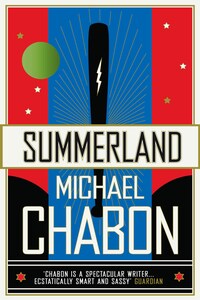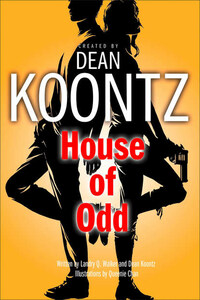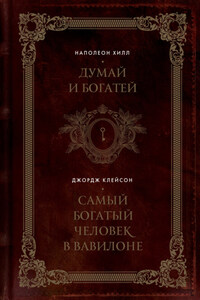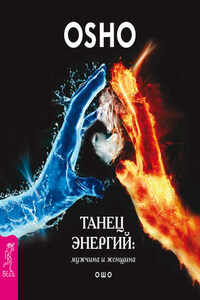ETHAN SAID, “I hate baseball.”
He said it as he followed his father out of the house, in his uniform and spikes. His jersey read ROOSTERS in curvy red script. On the back it said RUTH’S FLUFF ’N’ FOLD.
“I hate it,” he said again, knowing it was cruel. His father was a great lover of baseball.
But Mr. Feld didn’t say anything in reply. He just locked the door, tried the knob, and then put his arm around Ethan’s shoulders. They walked down the muddy path to the driveway and got into Mr. Feld’s Saab station wagon. The car’s name was Skidbladnir, but usually they just called her Skid. She was oranger than anything else within a five-hundred-mile radius of Clam Island, including traffic cones, U-Haul trailers, and a fair number of actual oranges. She was so old that, as she went along, she made squeaking and rattling noises that sounded more like the sounds of a horse buggy than of an automobile. Her gauges and knobs were all labelled in Swedish, which was not a language that either Mr. Feld or Ethan, or for that matter anyone in Ethan’s family going back twenty generations on both sides, could speak. They rolled, squeaking and rattling, down from the little pink house where they lived, atop a small barren hill at the centre of the island, and headed west, towards Summerland.
“I made three errors in the last game,” Ethan reminded his father, as they drove to pick up Jennifer T. Rideout, the Roosters’ first baseman, who had called to say that she needed a ride. Ethan figured that his father was probably not going to let him out of playing in today’s game against the Shopway Angels; but you never knew. Ethan felt that he could make a pretty good case for his staying home, and Mr. Feld was always willing to listen to a good argument, backed up with sound evidence. “Danny Desjardins said that I directly caused four runs to score.”
“Plenty of good ballplayers have made three errors in a game,” Mr. Feld said, turning onto the Clam Island Highway, which ran from one end of the island to the other, and was not, as far as Ethan was concerned, a highway at all. It was an ordinary two-lane road, lumpy and devoid of cars like every other road on the lumpy, empty little island. “It happens all the time.”
Mr. Feld was a large, stout man with a short but unruly beard like tangled black wool. He was both a recent widower and a designer of lighter-than-air dirigibles, neither a class of person known for paying a lot of attention to clothes. Mr. Feld never wore anything in the summer but a clean T-shirt and a ragged pair of patched blue jeans. In the wintertime he added a heavy sweater, and that was it. But on game days, like today, he proudly wore a Ruth’s Fluff ’n’ Fold Roosters T-shirt, size XXL, that he had bought from Ethan’s coach, Mr. Perry Olafssen. None of the other Rooster fathers wore shirts that matched their sons’.
“I hate it that they even count errors,” Ethan said, pressing on with his case. To show his father just how disgusted he was by the whole idea of counting errors, he threw his mitt against the dashboard of the car. It kicked up a cloud of infield dust. Ethan coughed energetically, hoping to suggest that the very atoms of dirt on which he would be standing when they got to Ian “Jock” MacDougal Regional Ball Field were noxious to him. “What kind of game is that? No other sport do they do that, Dad. There’s no other sport where they put the errors on the freaking scoreboard for everybody to look at. They don’t even have errors in other sports. They have fouls. They have penalties. Those are things that players could get on purpose, you know. But in baseball they keep track of how many accidents you have.”
Mr. Feld smiled. Unlike Ethan, he was not a talkative fellow. But he always seemed to enjoy listening to his son rant and rave about one thing or another. His wife, the late Dr. Feld, had been prone to the same kind of verbal explosions. Mr. Feld didn’t know that Ethan was only ever talkative around him.
“Ethan,” Mr. Feld said, shaking his head in sorrow. He reached over to put a hand on Ethan’s shoulder. Skid lurched wildly to the left, springs squealing, creaking like a buckboard in an old western movie. Her noticeable colour and Mr. Feld’s distracted style of driving had, in the short time that the Feld men had been living on Clam Island, made the car a well-known local road hazard. “Errors… Well, they are a part of life, Ethan,” he tried to explain. “Fouls and penalties, generally speaking, are not. That’s why baseball is more like life than other games. Sometimes I feel like that’s all I do in life, keep track of my errors.”














